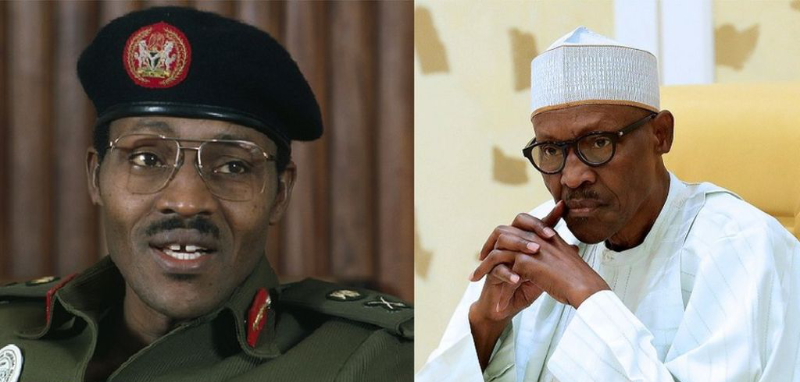Is Buhari standing in Nigeria’s 2019 election?
Published on 2018 March 28, Wednesday Back to articles
Pressure mounts on President Buhari to make an announcement on his intentions for the 2019 election
The reluctance of President Muhammadu Buhari to make a statement about his intentions with respect to the 2019 election is logical.
If he announces that he won’t seek a second mandate, he will immediately be sidelined as a one-term president just as he is trying to step up the tempo of his administration. If he declares he will run again, a fresh round of defections from the ruling All Progressives Congress (APC) – already seriously fractured by personal and regional rivalries – can be expected.
The president’s silence is fuelling great frustration and speculation both in and out of the ruling party, however, and he is under growing pressure to speak up.
To judge by a raft of visits to the regions and more frequent national statements, President Buhari seems to want a second term in power – or at least the people around him do. This is partly because they feel cheated that his first term was blighted, first by recession and then by chronic ill-health and prolonged absence in 2017.
Outside his bailiwick in the North West and newfound supporters in the South East, President Buhari hasn’t been getting good reviews. Chronic fuel shortages in late 2017 and early 2018 and lack of action over the herder–farmer clashes have energised his critics in the National Assembly, and in the wider society and social media. Until recently, President Buhari had left most of the official visits to strife-torn areas of the country to his vice president, Yemi Osinbajo. But in recent weeks, he has undertaken an intense, if belated, tour of the regions and it is paying some political dividends.
His standing on Boko Haram security matters is also under fire. Critics point towards the continuing attacks by the various Boko Haram insurgencies in northeastern Nigeria, such as the abduction of 110 female students from a college in Dapchi, Yobe State. This appears to have carried out by the Abu Musab Al-Barnawi faction of Boko Haram linked to the so-called Islamic State (IS) group.
On corruption, the common perception is that the Buhari government’s anti-corruption graft has achieved little, even if the administration hasn’t presided over the diversion of billions of dollars of state oil revenues which the former administration was criticised for.
Looking forward, political tactics demand that he wait until the last possible moment to announce his candidacy and in the meantime build up perceptions that the government is making palpable progress on the economic, security, and anti-corruption dossiers. Clearly, that is a fairly gargantuan task.
To receive a free sample of Nigeria Politics & Security, please contact a member of our Africa Team by selecting the link.



